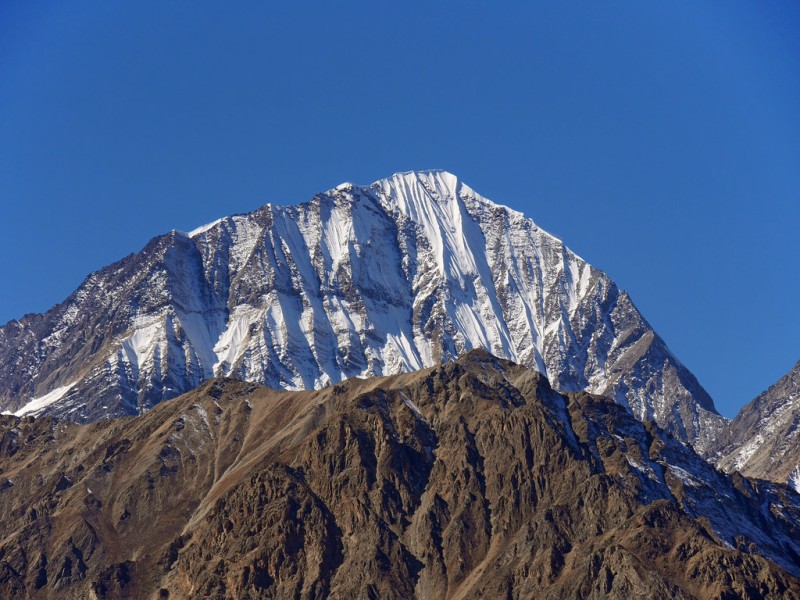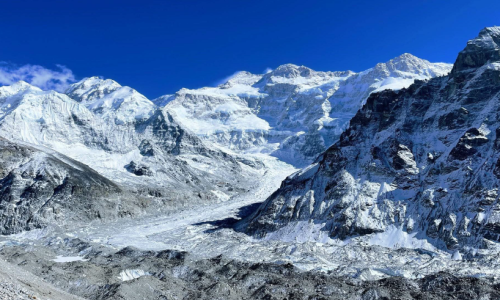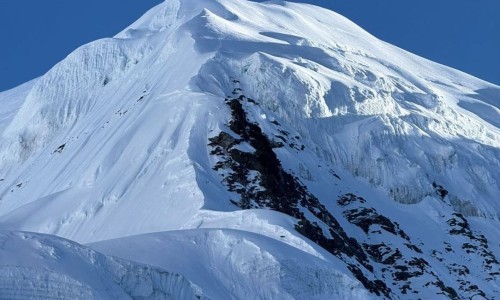In a landmark move to enhance safety and professionalism in high-altitude mountaineering, the Government of Nepal has introduced significant regulatory reforms through the newly proposed Tourism Bill 2081. The bill, recently registered in the National Assembly, introduces stricter eligibility requirements and operational guidelines for climbers and adventure tourism operators across the country.
Prior High-Altitude Climbing Experience Now Mandatory for Everest Expeditions: One of the most notable changes mandates that only climbers who have successfully summited a mountain over 7,000 meters within Nepal will be eligible to obtain a permit for Mount Everest. This new clause represents a substantial shift from previous regulations and underscores the government’s commitment to promoting experience-based ascents and minimizing risks associated with high-altitude mountaineering.
The new requirement aims to ensure that climbers possess the necessary skills, acclimatization experience, and resilience to tackle the extreme challenges of Everest.
Compulsory Health Certification for All Expedition Members: The bill further emphasizes climbers' physical preparedness by introducing a mandatory health certification requirement. All individuals involved in the expedition, including climbers, team leaders, liaison officers, mountain guides, and support staff, must submit a recent medical fitness certificate issued by a government-recognized health institution in Nepal. Those deemed medically unfit will be prohibited from participating in the expedition, reinforcing a culture of safety and responsibility.
Official Clearance Required for Adventure Tourism Activities in the Himalayas: Expanding beyond mountaineering, the bill also stipulates that all adventure tourism activities in the Himalayan region, such as paragliding, skydiving, heli-skiing, ultralight flights, and similar experiences, must receive prior approval from the Ministry of Tourism or a designated authority. This regulation seeks to ensure that all adventure operations adhere to strict safety standards, environmental conservation principles, and risk management protocols.
Non-Refundable Permits with Limited Exceptions: Under the new regulations, climbing permits will be non-refundable if not utilized within the issued year. However, provisions have been made for exceptional circumstances: if expeditions are disrupted due to unforeseen, uncontrollable events (such as natural disasters or political instability), the government may allow rescheduling.
Mandatory Use of Designated Climbing Routes: To further improve climber safety and facilitate better management of expeditions, the bill mandates that all mountaineering teams must strictly follow officially designated climbing routes. This measure aims to reduce accidents, ensure efficient rescue operations if needed, and protect environmentally sensitive areas on and around Everest.














































































































































